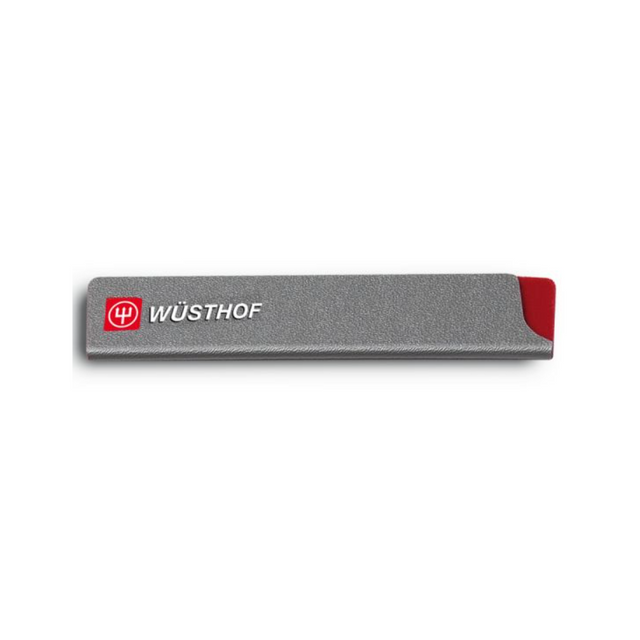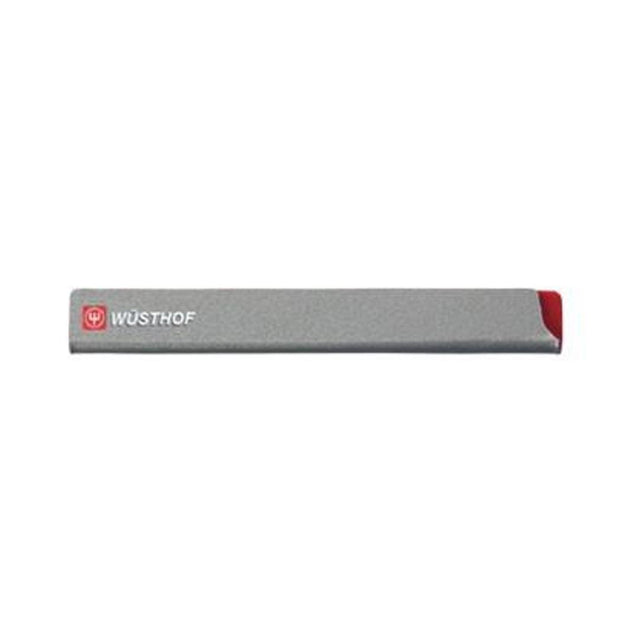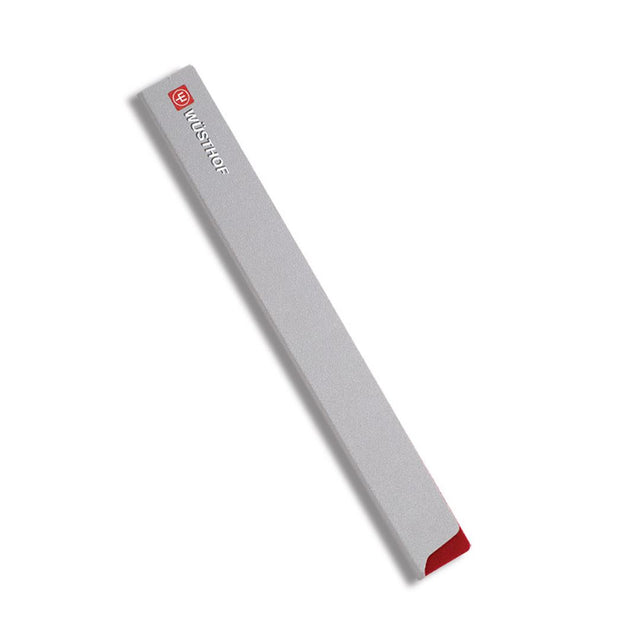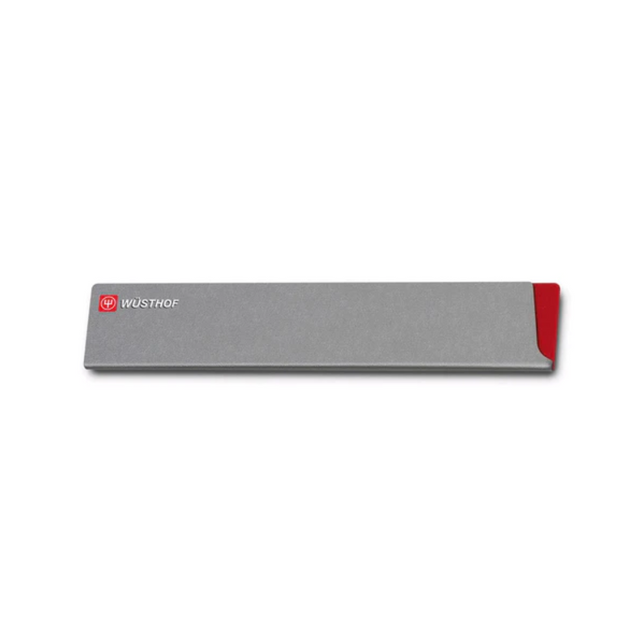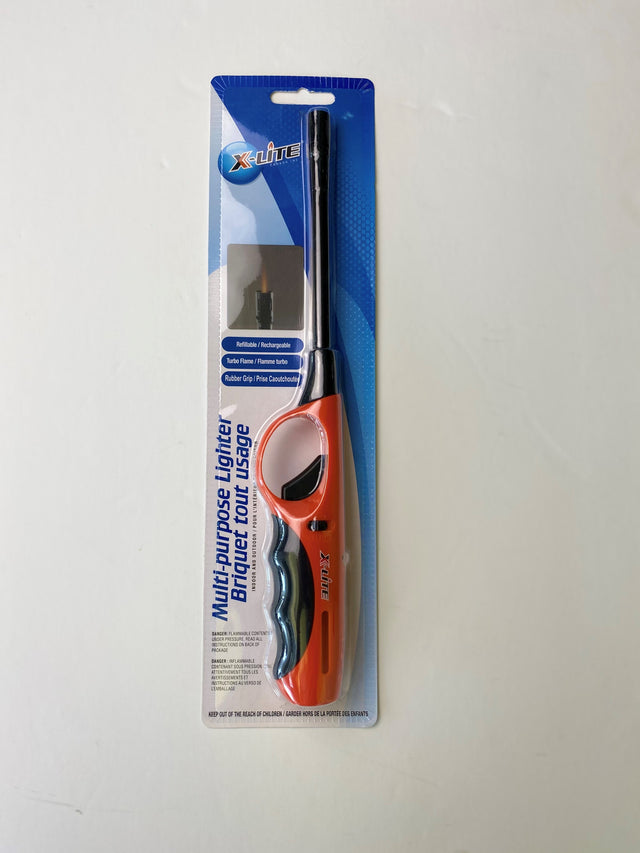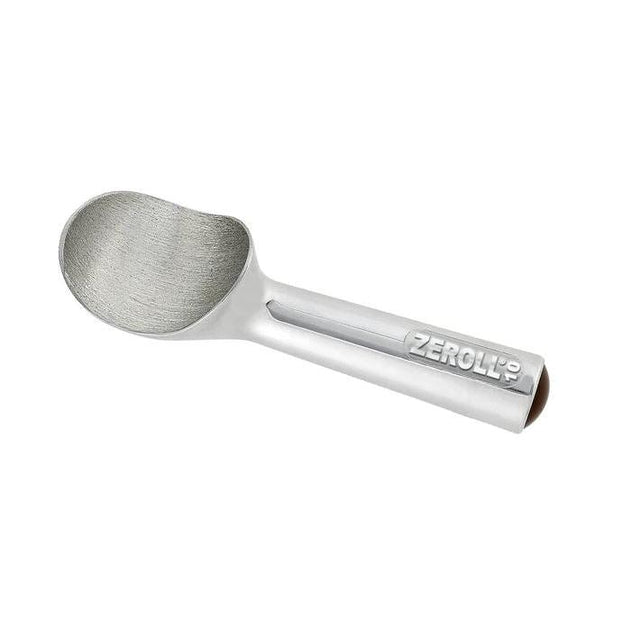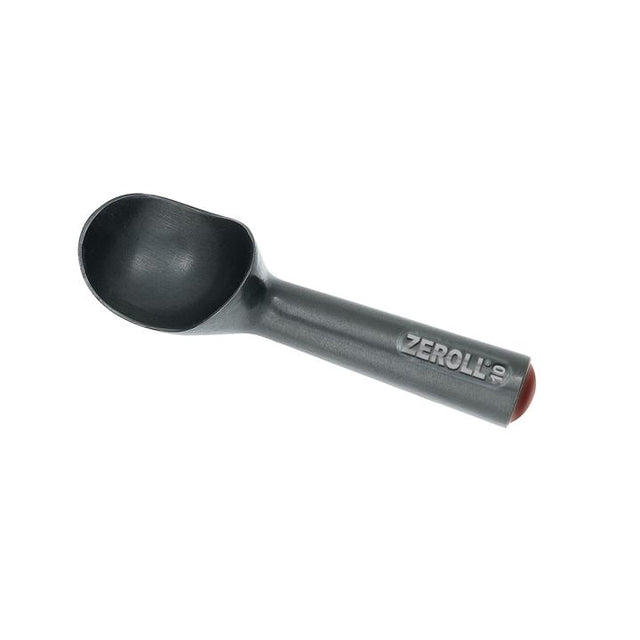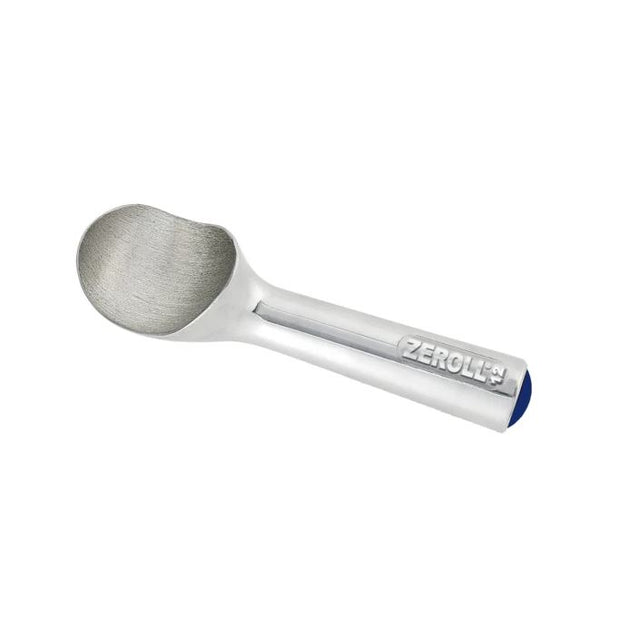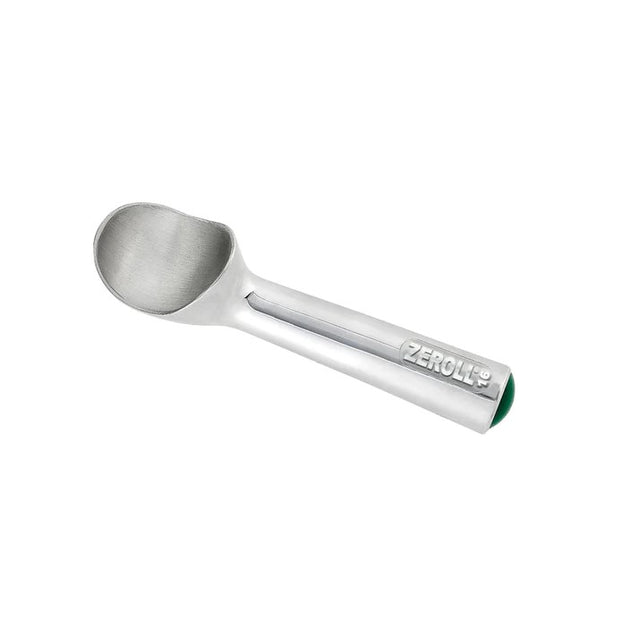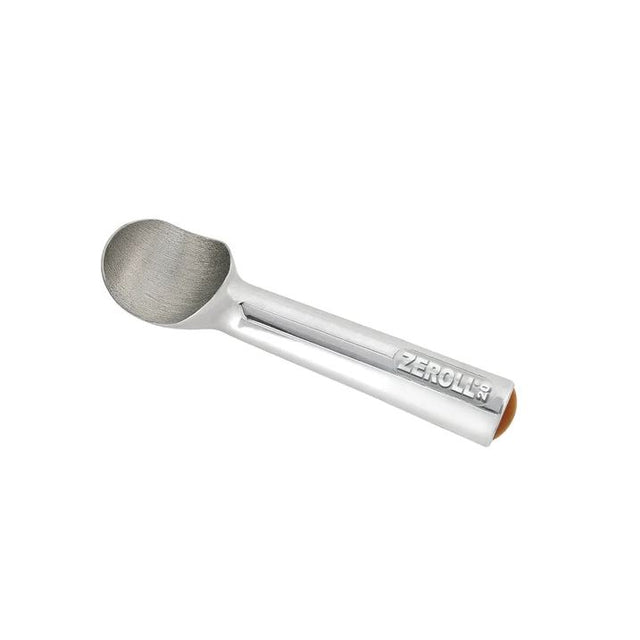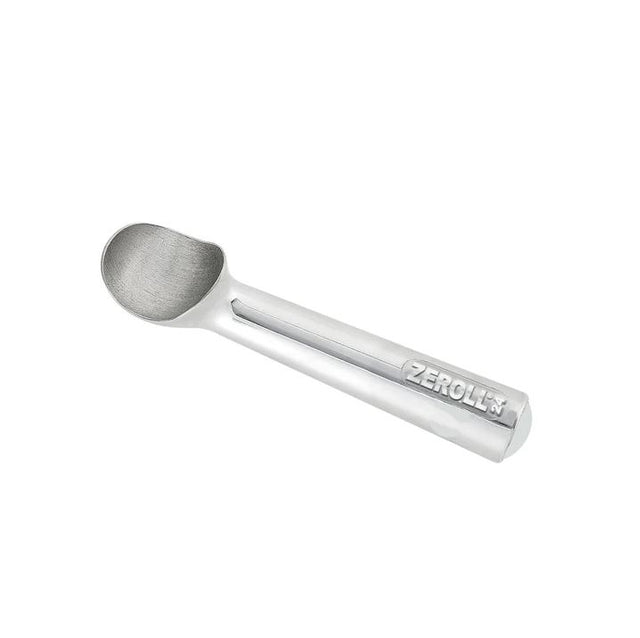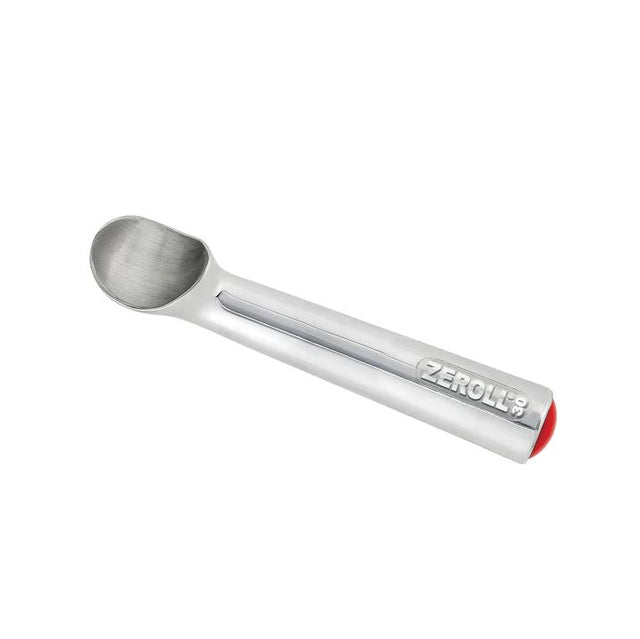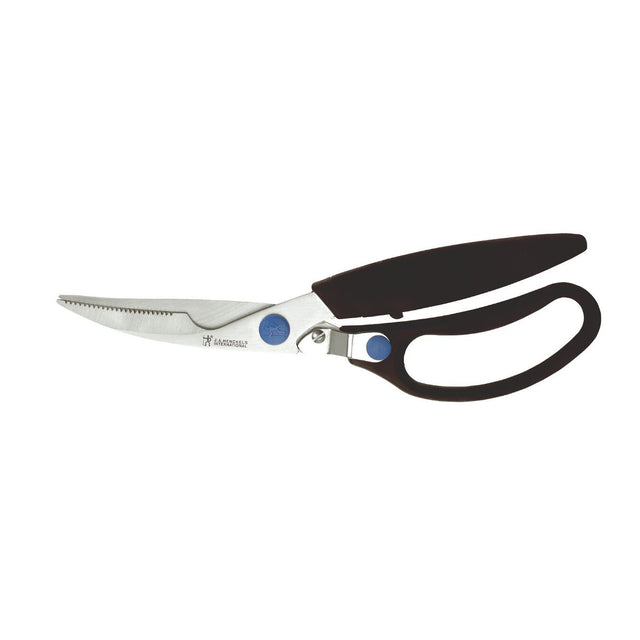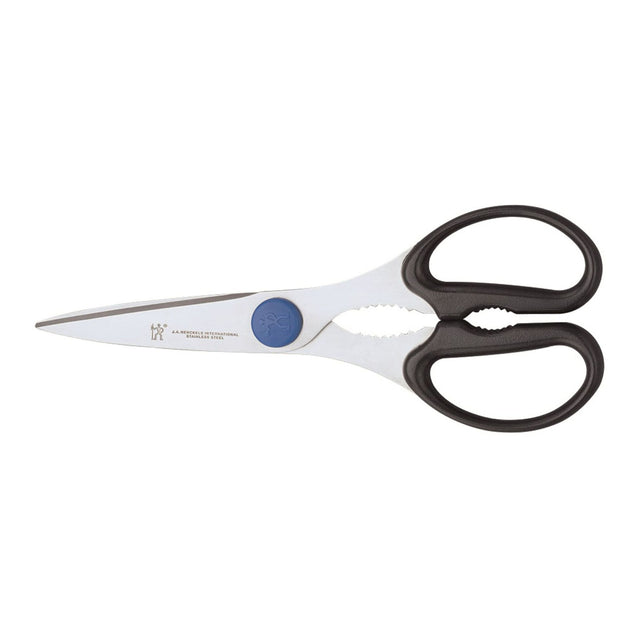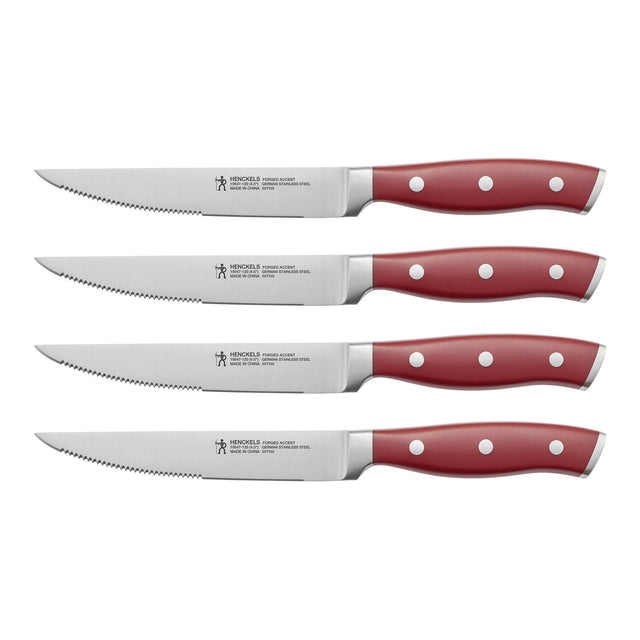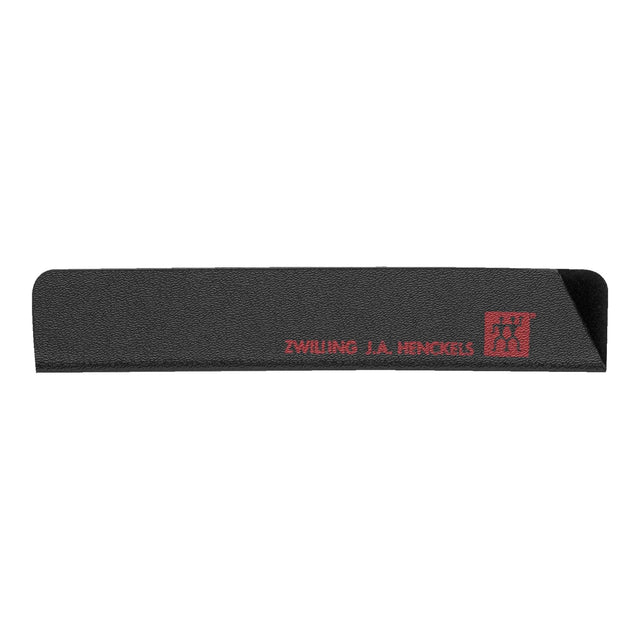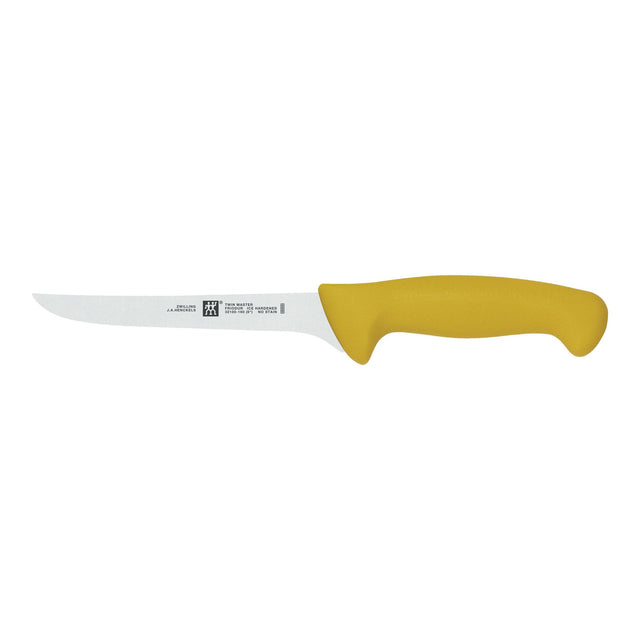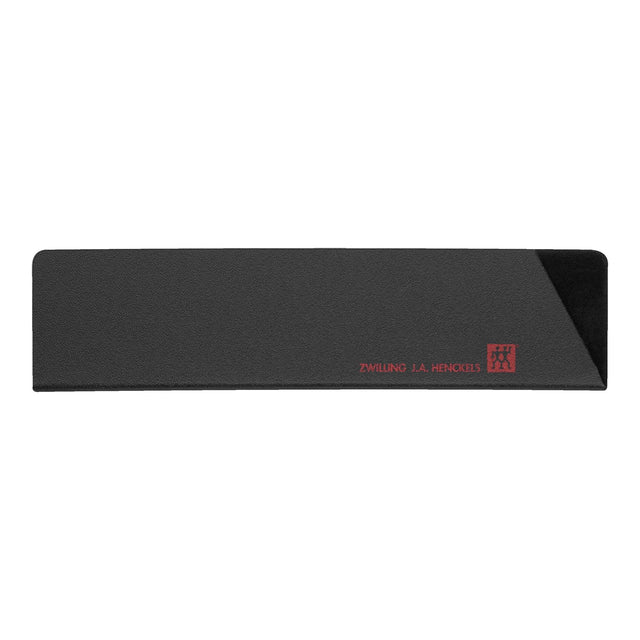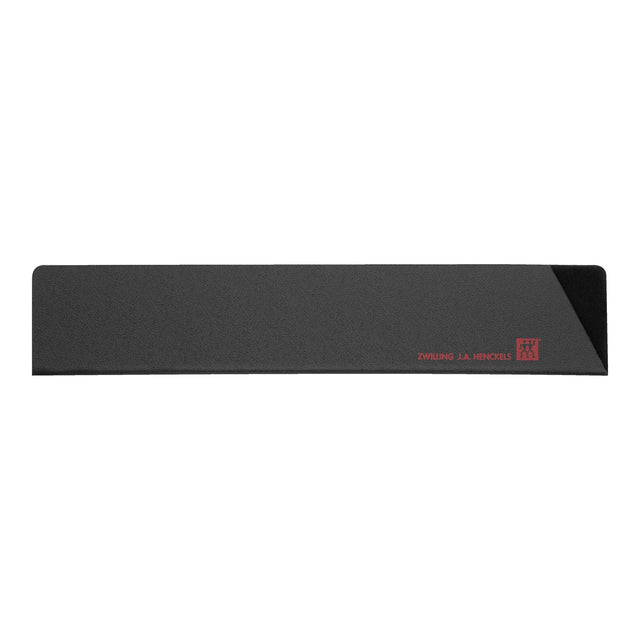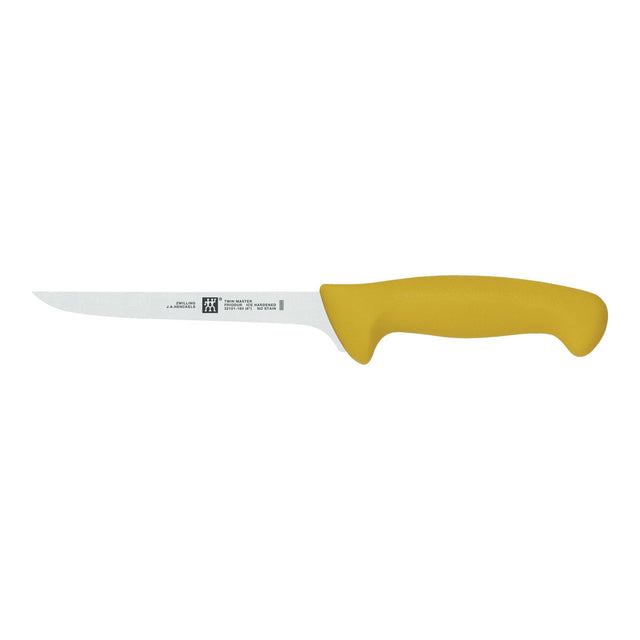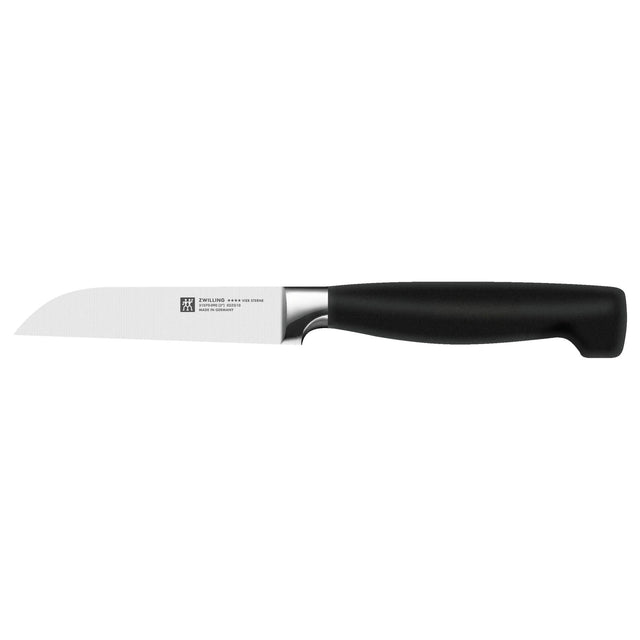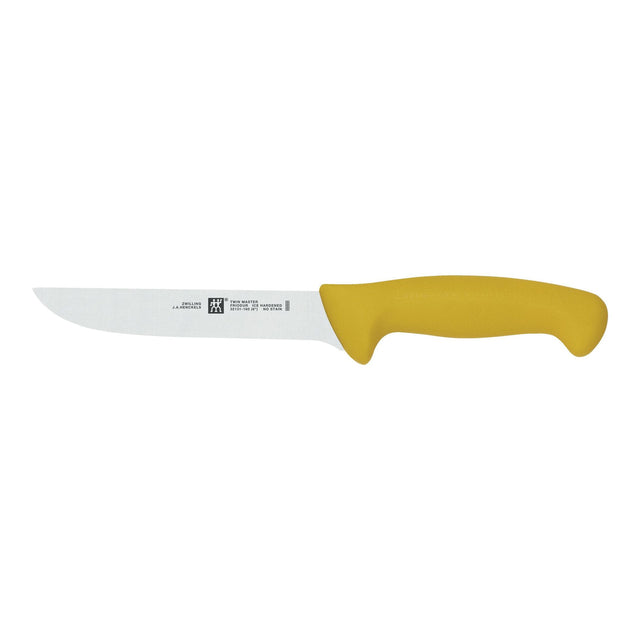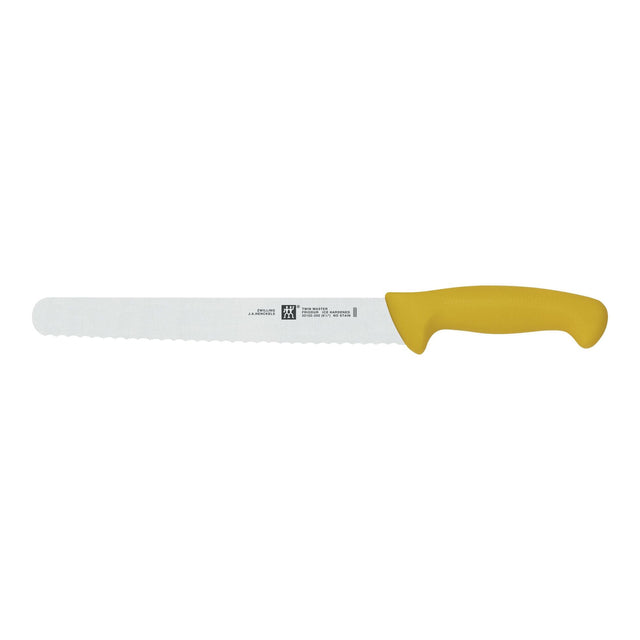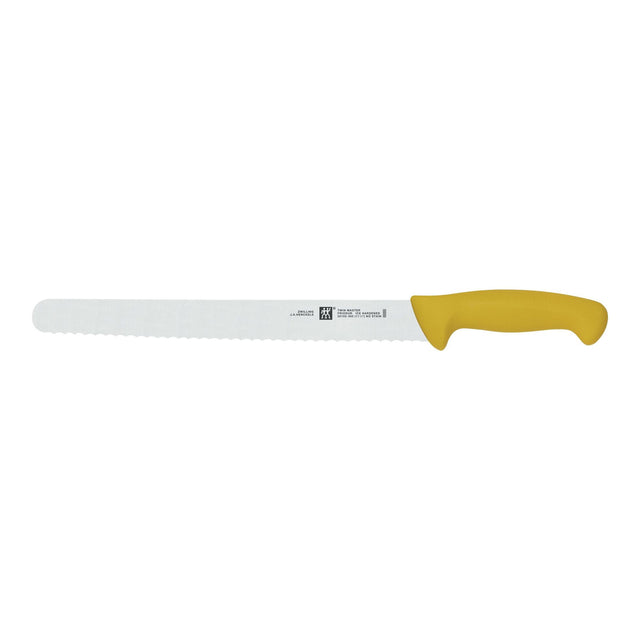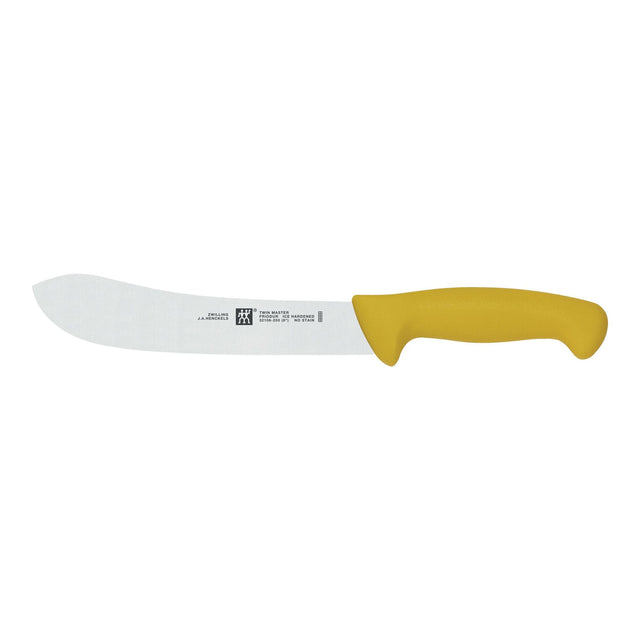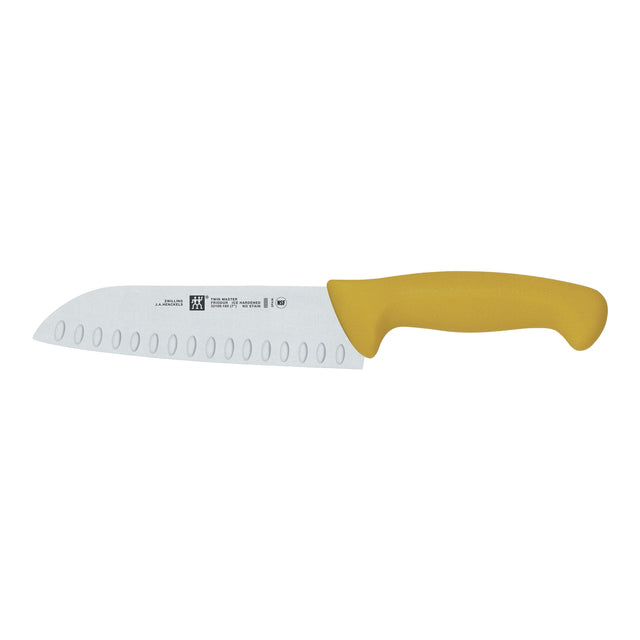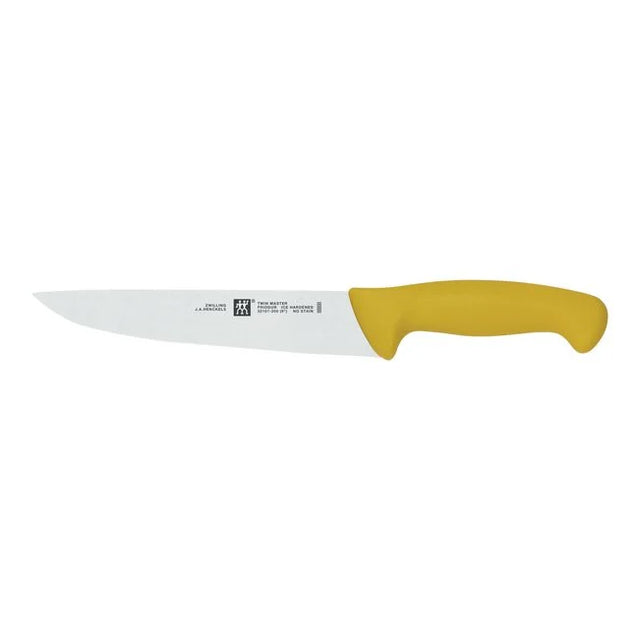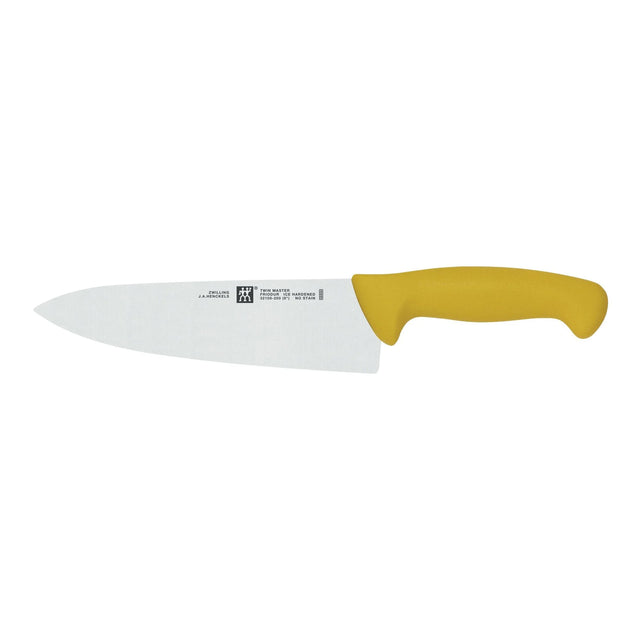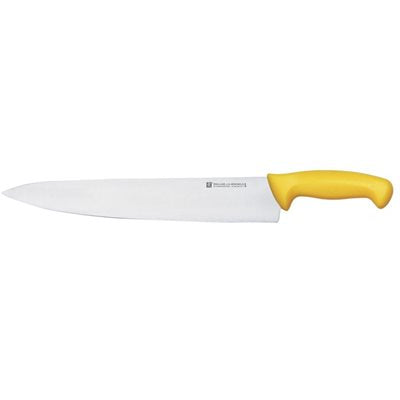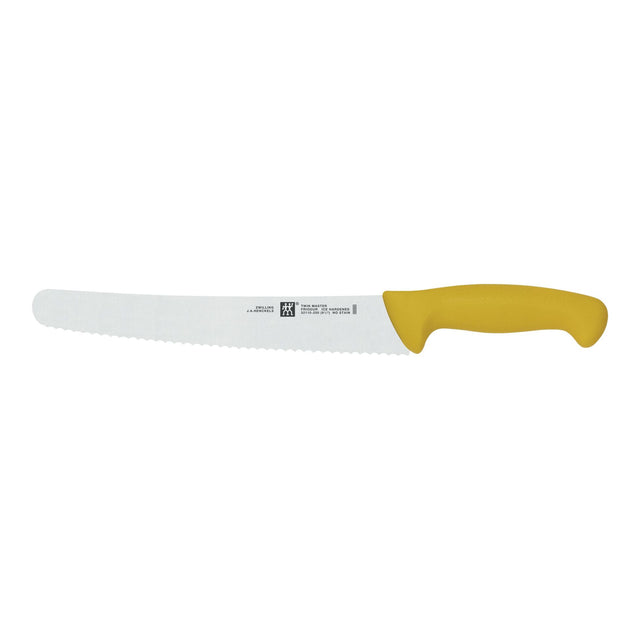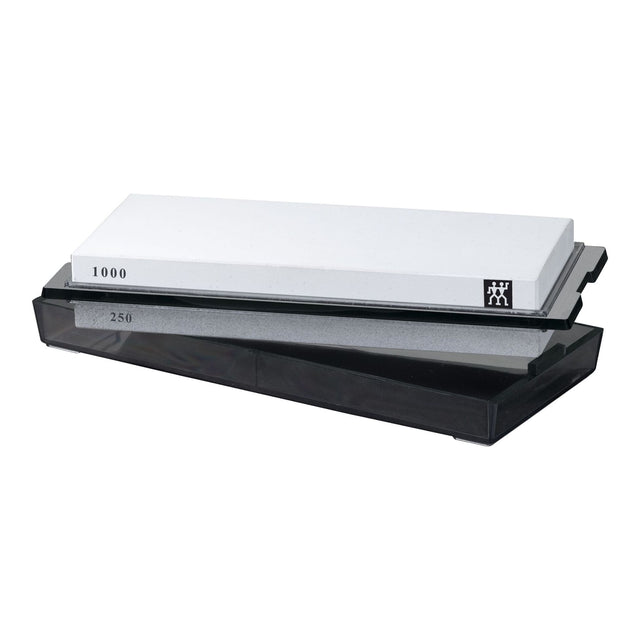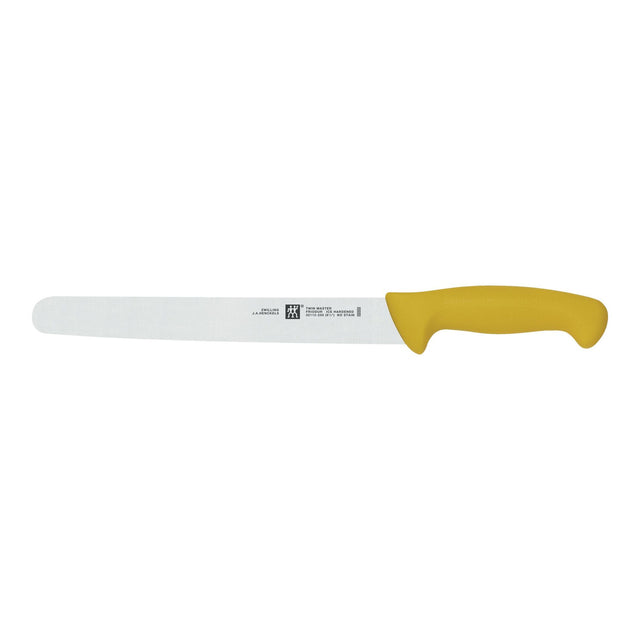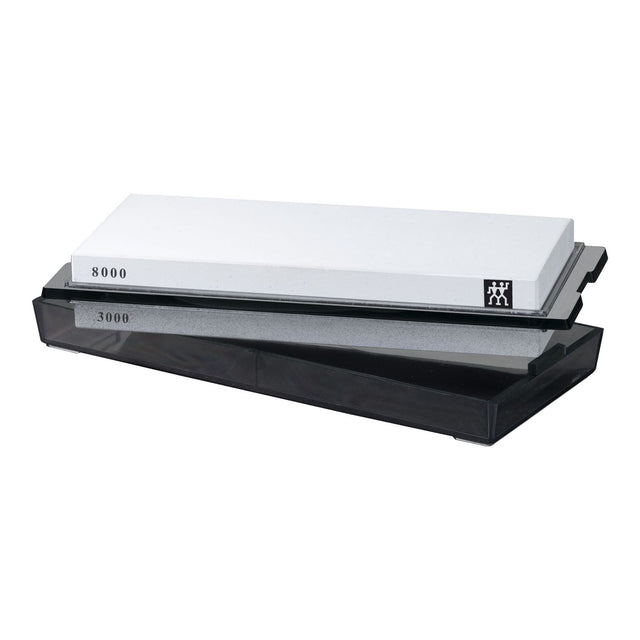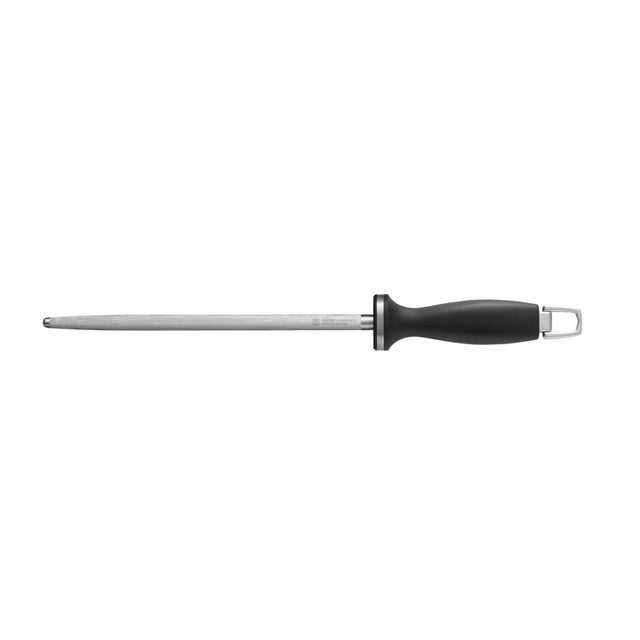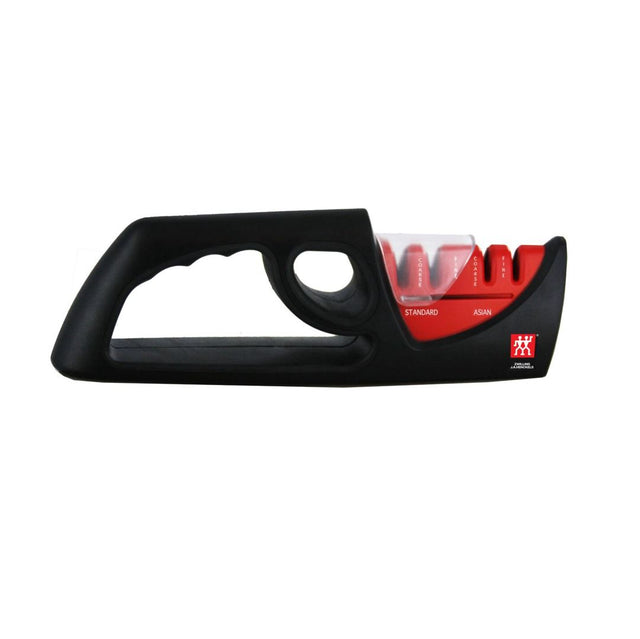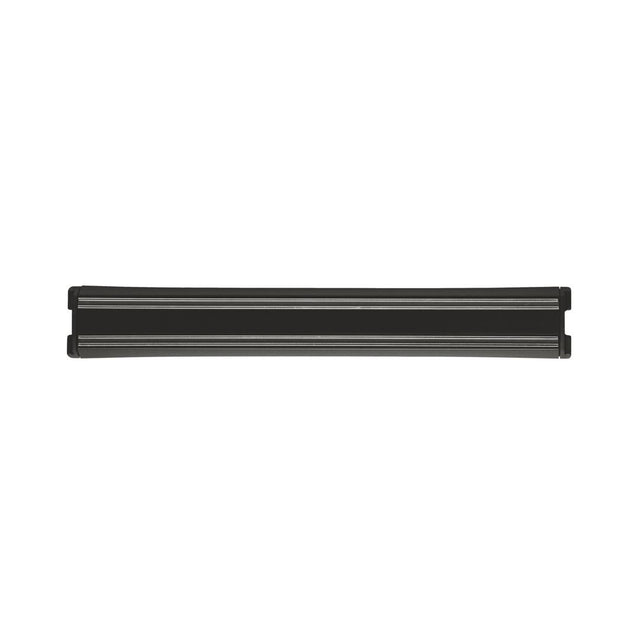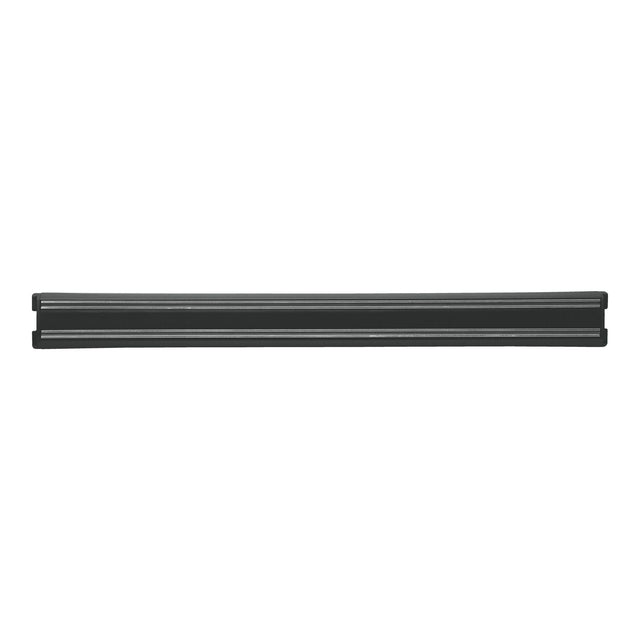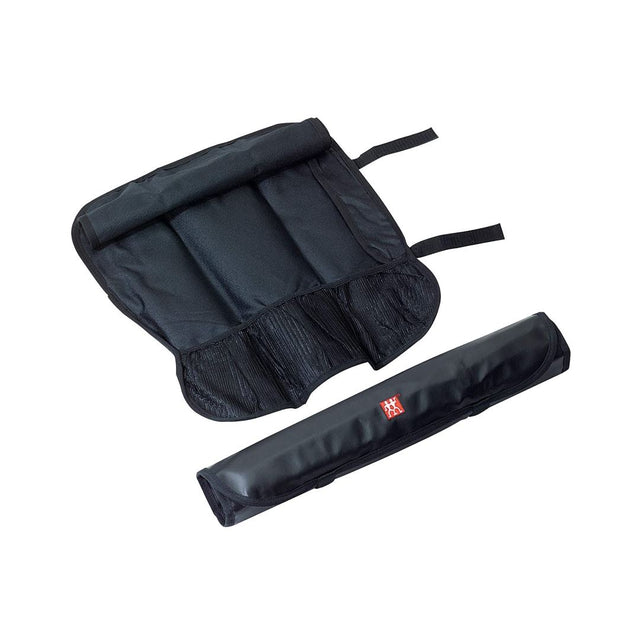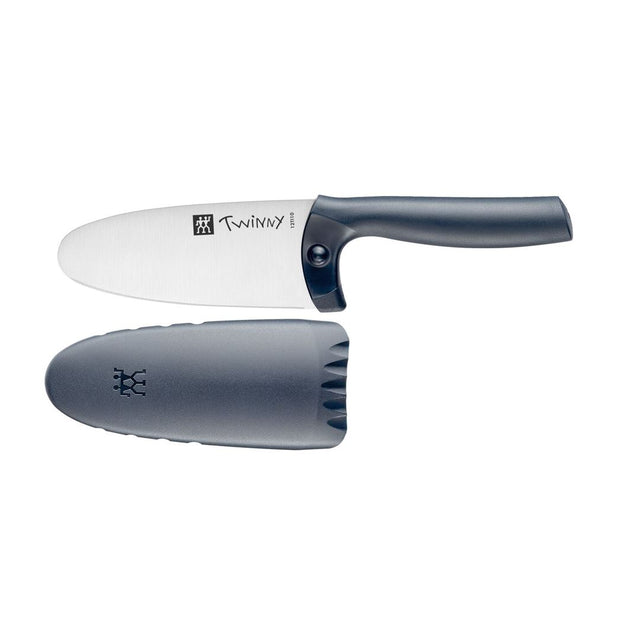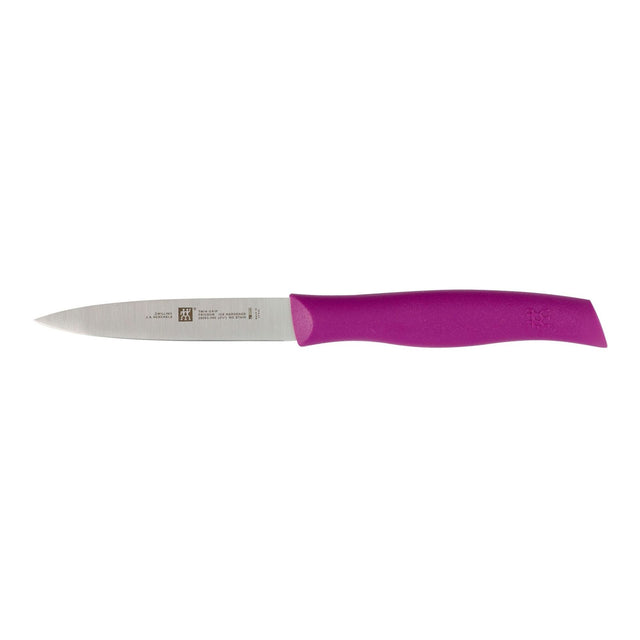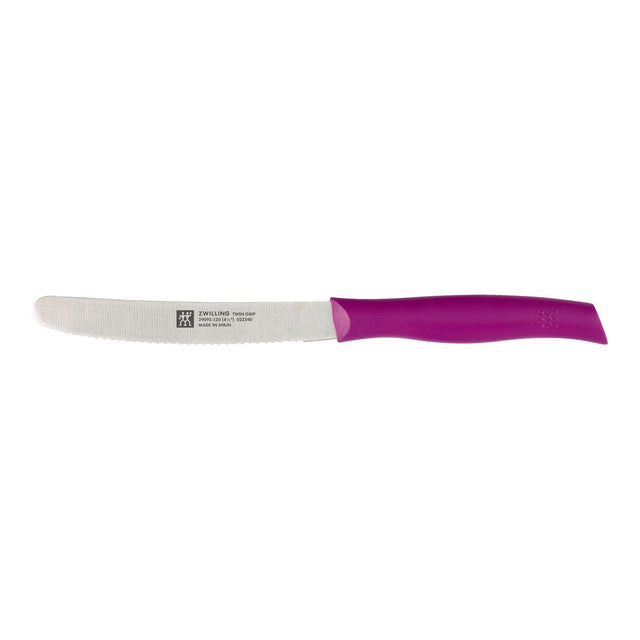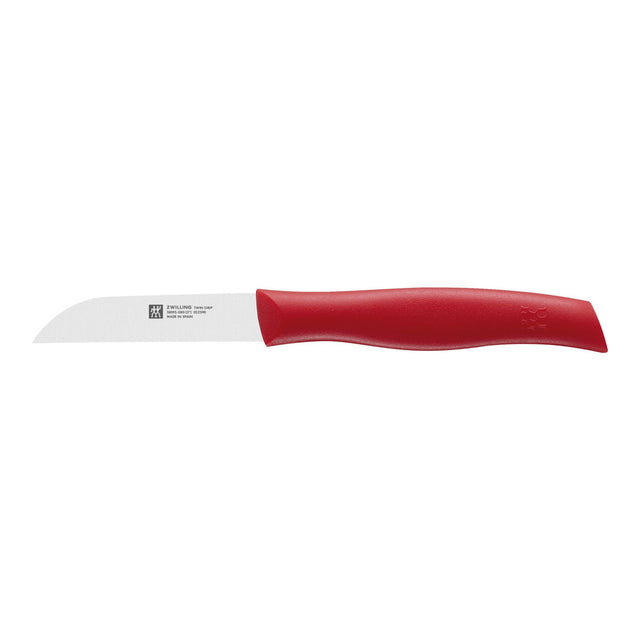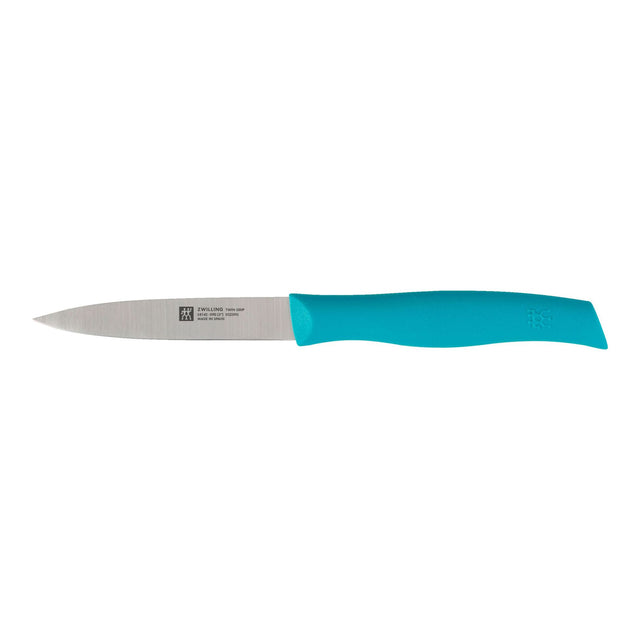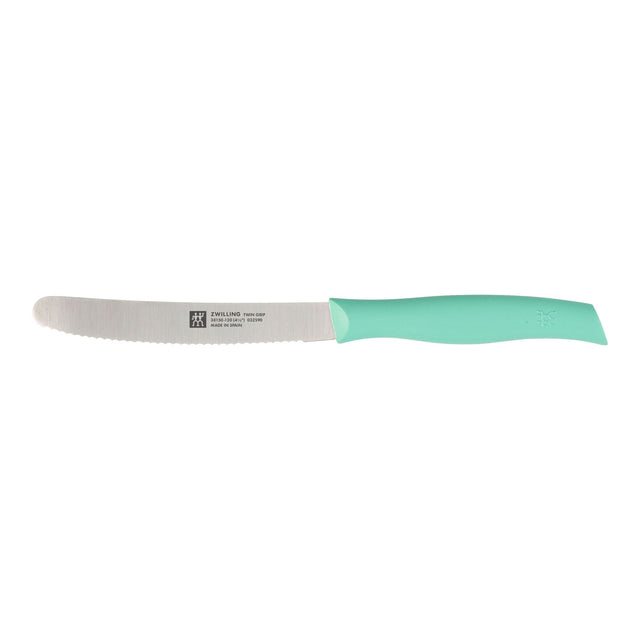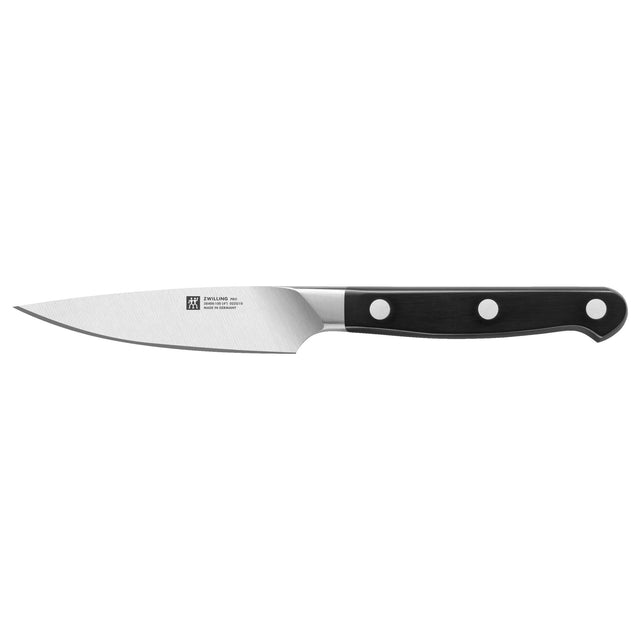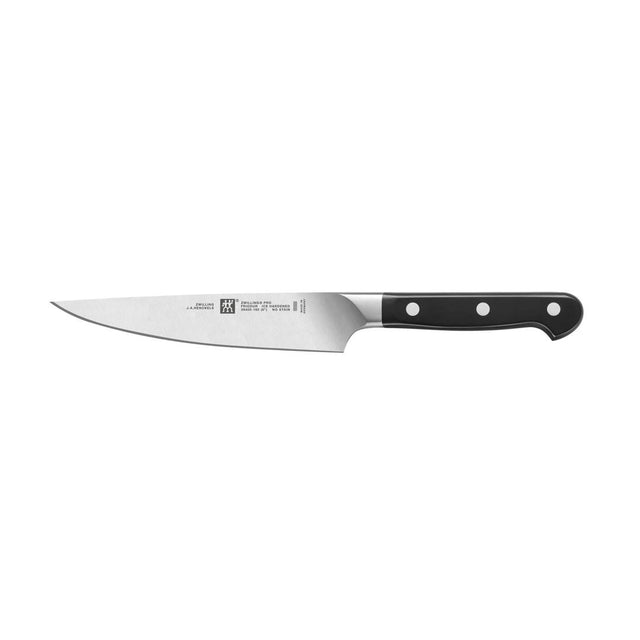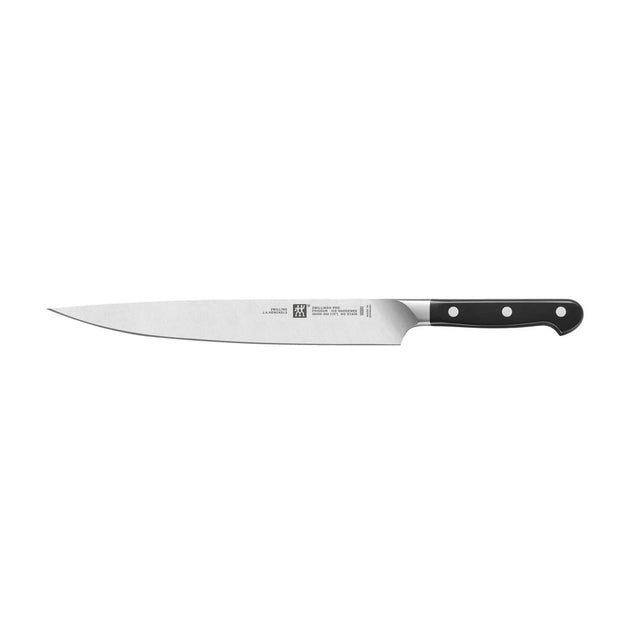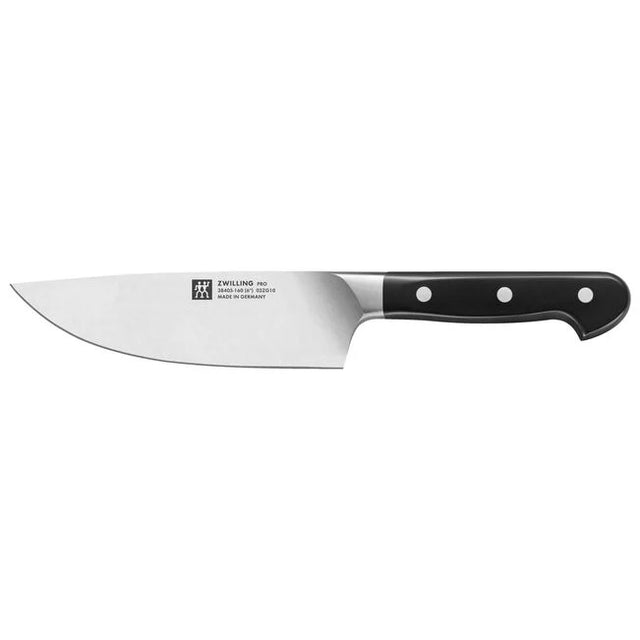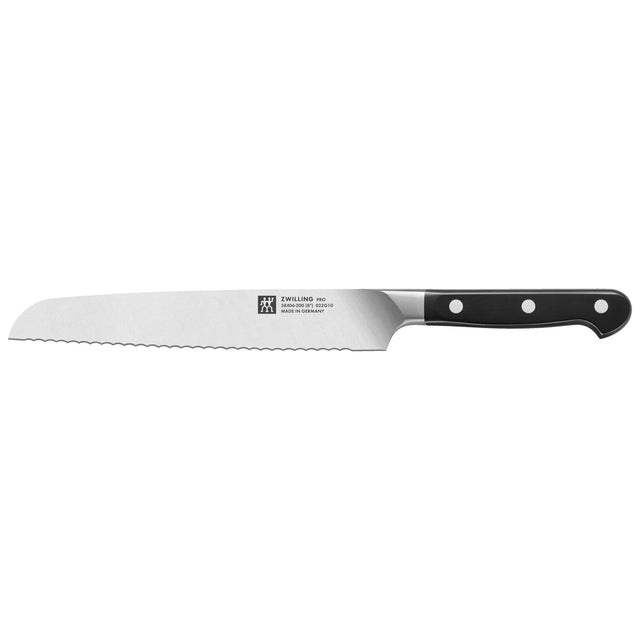Cast Iron
Versatile cooking! Cook on everything from an open fire to an induction burner. Cast Iron is a great conductor of heat and has excellent heat retention. When cared for properly, this pan is as good as a non-stick pan! Clean up easily in a few simple steps! Simply wash with water (no soap, please, this will strip the seasoning), hand dry, and oil every use! Stubborn stuck-on food particles? A little salt makes a great exfoliate; simply rub the salt into the stuck-on food and proceed with the cleaning process.
Our chef’s favorite things to cook in cast iron? Pancakes!!! Not to mention searing meats, scallops, and one-pan jambalaya!
Lodge is a great brand for cast iron, and all their pans come pre-seasoned so you can out it straight to work.
Non-Stick
Non-stick pans are such an essential part of the kitchen, especially breakfast! However much like other pans out there, there are a couple of important things to remember

1. Don't use metal on your nonstick pan.
2. Avoid major water temperature changes and high heat cooking; it wears down the non-stick coating. This means it is also best to avoid the dishwasher
3. Clean your nonstick pans with scratch-proof scouring pads
4. Avoid acidic food
5. Do not use aerosol cooking spray or olive oil
6. Store your pans properly i.e don’t store other pans within your non-stick to avoid unnecessary scratches
7. Clean and dry your nonstick pans after using them
What to cook?
Try eggs, pancakes, crepes, delicate fish, grilled cheese, French toast and so much more!
Things to avoid?
High temp searing, acidic sauces like tomato, and reducing sauces over high heat.
Scanpan and Gastrolux are great options for non-stick pans.
Aluminum Pans
Aluminum is a great, lightweight, affordable, conductor of heat, and again much like our other sources, some things to remember: it tends to react with acidic food, which can cause the metal to leech into the food. It is also best not to store any food in aluminum pans/pots. You will find most aluminum is either coated with a non-stick layer or anodized to help avoid this. (This basically helps the aluminum from oxidizing and forms a much thicker layer of the non-reactive aluminum oxide, creating what is known as anodized or hard-anodized aluminum). Disadvantage? Does not work with induction.

What to cook? With great thermal conductivity, it's a great all-around pan. Searing meats, reducing sauces, especially great where deglazing is required! Things to avoid? Pickled foods, saurkraut, fruits and fruit juices, tomatoes, etc.
Stainless Steel Pans
A non-toxic, long-lasting, and great conductor of heat, stainless retains heat well and cooks food evenly. A versatile pan for all kinds of cooking, it doesn't leech into food and is virtually indestructible. Great for any type of heat source! Our favourite to clean this pan and keep it shiny? Try Bar Keepers Friend, it does a great job!
Carbon Steel Mineral Pan
Much like its cousin the cast iron, these pans can be treated very similarly! Often coated in beeswax upon purchase which prevents any rusting, a quick season will prepare your pan for cooking. The darker this pan gets, the more it develops the non-stick properties. This pan does not like to sit with water, it will rust! Also not a dishwasher friendly pan! Once rinsed with water and dried, a little high heat oil rubbed in will keep it from rusting.
What is high heat oil?
Try avocado, grapeseed, flax, coconut, or peanut oil. Never olive oil.

